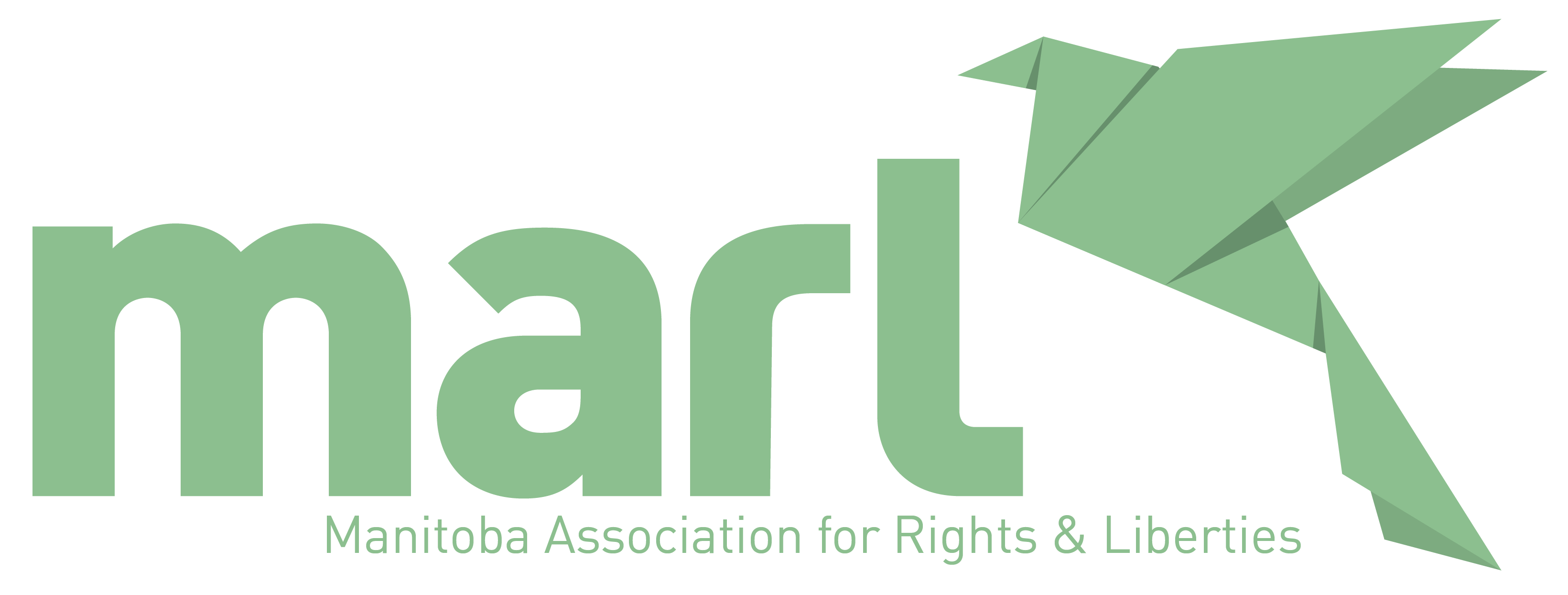July 7, 2017
Canada 150: A time for celebration or reconciliation?
What does Canada Day mean to you? Is it a celebration of the county you take pride in calling your own? Or is it a day you denounce as meaningless and disrespectful to the many out there that have lived on this land much longer than 150 years? Unfortunately, I would have to say the more accurate definition would be the latter, which is evident through the events/actions that Indigenous people have taken this Canada Day.
First Nations people have been traced back to living on this land peacefully for over 12 000 years, until when European explorers came to North America and began colonization in the 17th century. It was on July 1st, 1867, after a series of conferences and discussion (within the colonies), when British North America signed the final terms of Confederation and became the Dominion of Canada. The Indigenous people-that had been on this land thousands of years before, and allowed the Europeans to share their land that they had just recently discovered-were not consulted in any of these decisions.
In the years to follow came The Indian Act, residential schools, various treaties and eventually the Truth and Reconciliation Commission. The Indian Act was introduced in 1876, mainly as a way to eliminate First Nations culture and force assimilation into European culture. The federal government administers Indian status, management of reserve land and responsibilities the government has to First Nations communities. Canada has recently put a lot of focus on reconciliation, which is a big step, but we are still a far ways away from achieving their goal of reconciliation, especially after years and years of human rights violations. So when Canada day rolls around and millions of Canadians are celebrating our nation, it’s sometimes easy to forget how tumultuous the relationship between Indigenous peoples and Canada has been.
Indigenous leaders have shown very mixed emotions on the topic of Canada Day; AMC Grand Chief Derek Nepinak has stated there is nothing to celebrate as most Indigenous families have inherited a history of subjugation, marginalization, and purposeful attempts to kill them off through disease, starvation and loneliness, as well as continuing to provide a lower quality of life. Metis Federation President David Chartrand had a differing view as he says he will recognize Manitoba’s 150th birthday in 2020, which is the anniversary of when our province joined Canada after Louis Riel led the Metis and created a list of rights, which helped form negotiations for the Manitoba Act in 1870. Pimicikamak Chief Cathy Merrick has said that Canada is celebrating 150 years of cultural genocide, from the Indian Act to their starvation policy administered by the federal government. The advice Merrick wishes to give to Manitobans is to educate yourself on the history of First Peoples and appreciate the kindness of their ancestors.
This issue affects thousands across Manitoba, as well as all other Indigenous people living in Canada. Two social change movements-Unsettling 150 and Resistance 150, gathered in Osborne Village on July 1st this year to show their discontent with the day and to engage the public on the goals of their movement, which are mainly to educate and get people to become more involved in embodying a critical understanding of our nation and its history. Members of Idle No More gathered at the Legislative Building to show their objections to Canada 150 (pictured).
Canada Day should be a celebration of what we have achieved as a nation, in addition to showing our appreciation to the people that came before us that allowed us to get to where we are today. It should not be a matter of contention between Canadian society, rather a day of recognition of all Canadian citizens, consisting of a diverse population, ranging from Indigenous communities who were the original habitants of this land, to newcomers and refugees that we continue to welcome into our country.
Elaina Ingimundson is a summer intern at MARL this summer through the SIP program at The Winnipeg Foundation. She recently graduated from Transcona Collegiate and plans to go to University of Calgary in the fall for her undergrad, and wishes to become a lawyer with a focus on human rights!
you may also like…
April 18, 2024
From citizens to digital citizens
Social media provide an opportunity to communicate in multiple ways, just as never before in history. Nonetheless, there are dangers and risks as well. We should be aware of them to protect ourselves …
April 18, 2024
Des citoyens aux citoyens numériques
Les réseaux sociaux offrent la possibilité de communiquer de manières très diverses, comme jamais auparavant dans l’histoire. Néanmoins, ils comportent aussi des dangers et des risques. Il faut en être conscients pour nos …





